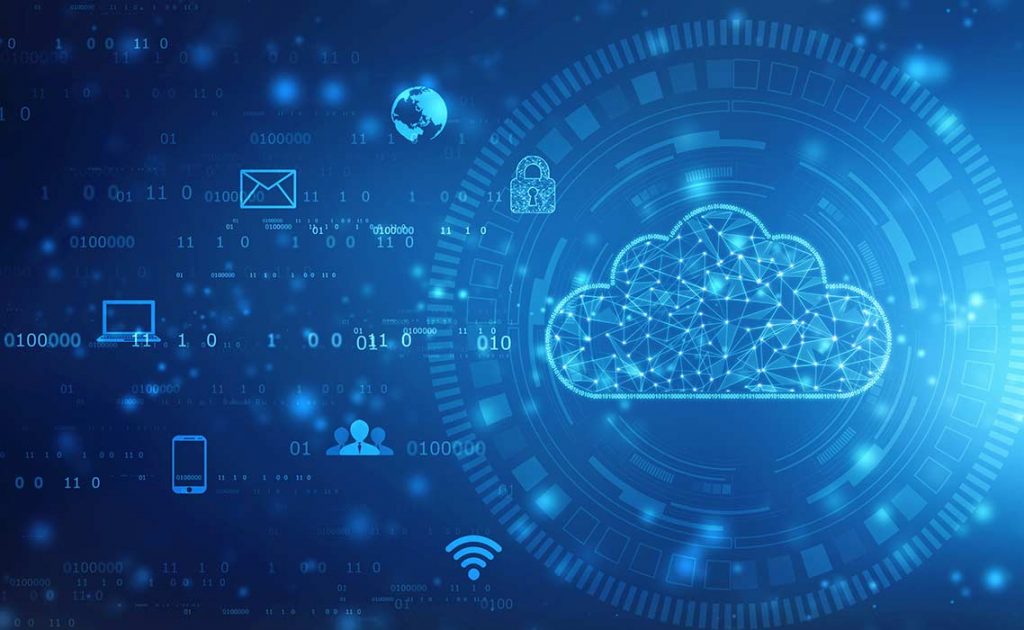Post summary:
As this technology matures, we will see a dramatic increase in the adoption and implementation of tokenising assets, adding a new realm to the financial world as we know it today.
Tokenization has emerged as a key concept in the blockchain and digital assets industry, often linked to cryptocurrencies and decentralized finance. As this technology evolves, we’re witnessing a surge in adopting and tokenizing assets, introducing a new dimension to the financial landscape. The growing awareness and understanding of blockchain’s potential are driving this trend.
Significant investments are being made in tokenizing securities, with stablecoins representing tokenized fiat currency at the forefront. We’re also seeing an increase in projects aimed at tokenizing commodities and other tangible assets. The goal is to make any asset tokenizable, allowing for trading on public blockchains. The adoption of this approach will likely accelerate as market awareness and the cost benefits of decentralized models become more apparent.
Tokenization involves representing ownership and history of an asset on a public ledger as a digital token, tradeable and usable on a blockchain. The token’s value is market-determined or pegged to another value. Almost any asset, from financial instruments to commodities and intangibles like carbon credits and royalties, can be tokenized.
Tokenization inherits blockchain’s inherent qualities:
a. It simplifies buying, selling, and trading of digital tokens.
b. Security, trust, immutability, decentralization, portability, and liquidity of tokenized assets come from the blockchain’s technology.
c. It allows for tracking asset provenance, fractional ownership, and rapid transfer or sale.
d. This shift towards tokenization is set to create new secondary markets and investment opportunities in innovative on-chain products.
However, it faces challenges like needing reliable off-chain data for large-scale tokenization of real-world assets. This necessity is akin to an internet browser’s dependence on an internet connection.
Tokenization has the potential to revolutionize capital markets. As we move towards digitizing all assets, making trustworthy off-chain data accessible for on-chain applications will be crucial for the widespread adoption of smart contracts.
Smart Contracts:
At the heart of this transformed business landscape are smart contracts and oracles. Smart contracts, integral to the tokenized model, can only process on-chain data. They need oracles to access off-chain data, much like how an internet connection is needed for web browsing.
Smart contracts manage and control tokenized assets on decentralized platforms. They are programmed to execute actions automatically under specific conditions, reducing the need for intermediaries. For instance, in decentralized borrowing, users can post tokenized assets as collateral to borrow against, streamlining the process.
However, the reliability of smart contracts depends on the accuracy of the data fed into them, highlighting the need for trusted oracles to provide real-world data.
What Is An Oracle:
An oracle bridges blockchain with the external world, linking off-chain information to on-chain data. They expand smart contracts’ use cases by providing external data access, though they are not the data sources themselves but the verifiers and relayers of this information.
The reliability of an oracle’s data is crucial for the security of a smart contract. Any inaccuracies can lead to significant losses. Transparent, auditable data sources are vital for maintaining smart contract security.
Strengthening the Trust in Oracles
Just as accountants have evolved their methods to keep pace with technology, the financial systems must adapt to blockchain innovations. This includes validating new financial data forms, like those transmitted through oracles to blockchains, extending accountants’ traditional roles.Using single-source data or endpoints operated by recognized entities supports the growth of decentralized ecosystems.
Our Oracle Solution:
For blockchains and their smart contracts to function effectively, they need secure and reliable ways to access real-world data. Our Oracle solution aims to bridge this gap by enabling businesses to bring essential off-chain data onto the blockchain, serving as a middleware of trust and transparency for the internet’s next generation. This solution strengthens trust in decentralized ecosystems by presenting verified off-chain data from trusted sources to blockchain networks.

